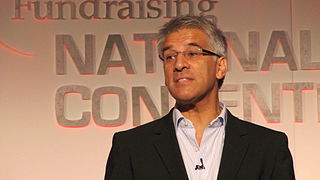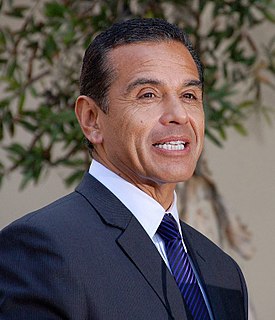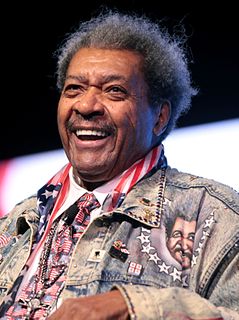A Quote by Oliver D. Crisp
Now, don't get me wrong: I'm not rubbishing penal substitution. But there are other options that have been advocated by Reformed thinkers of the past.
Related Quotes
For instance, the notion of non-penal substitution. This idea, found in the work of the nineteenth century Scottish Reformed theologian John McLeod Campbell and based upon his reading of the letter to the Hebrews in particular, is that Christ offers up his life and death as a penitential act on our behalf, rather than as a punishment in our stead.
Sometimes we can lose the wood for the trees. Some specific issues dealt with in the book [Saving Calvinism]: the scope of election (who is saved?); the nature of the atonement (do we have to hold to penal substitution if we're Reformed?); the scope of the atonement (for whom did Christ die?); whether we have to hold to some sort of theological determinism (God ordains all that comes to pass).
For instance, there are many mainstream Reformed theologians that deny the doctrine of "limited" atonement (the "L" in TULIP, the acrostic for the Five Points of Calvinism). These are not thinkers on the margins or troublemakers. They are leaders at the center of Reformed thinking like Bishop John Davenant.
There is the view I call penal non-substitution, or the penal example view. (It is also called the Governmental View in textbooks of theology.) This is often associated with Arminian theology stemming from the great Dutch jurist Hugo Grotius. However, the view was taken up by [Jonathan] Edwards's disciples in New England, who developed a Calvinistic strand of the doctrine.
In The Lost Message of Jesus I claim that penal substitution is tantamount to 'child abuse - a vengeful Father punishing his Son for an offence he has not even committed.' Though the sheer bluntness of this imagery (not original to me of course) might shock some, in truth, it is only a stark 'unmasking' of the violent, pre-Christian thinking behind such a theology.
Autism is a big continuum, going from someone who remains nonverbal, all the way up to geniuses on Silicon Valley. And some kids are visual thinkers like me. Other kids are pattern thinkers - your mathematicians, your programmers. And there are others, they are word thinkers. Uneven skills. You need to take the thing that they're good at and you need to work on developing it.
Audiences of critical thinkers are my favorite kinds of audiences. There are jokes I tell in the show that don't get laughs unless I am in front of an audience of critical thinkers. Put me in front of a crowd of science teachers or astronauts! The guileless aren't our audience - it's the critical thinkers we love.





























